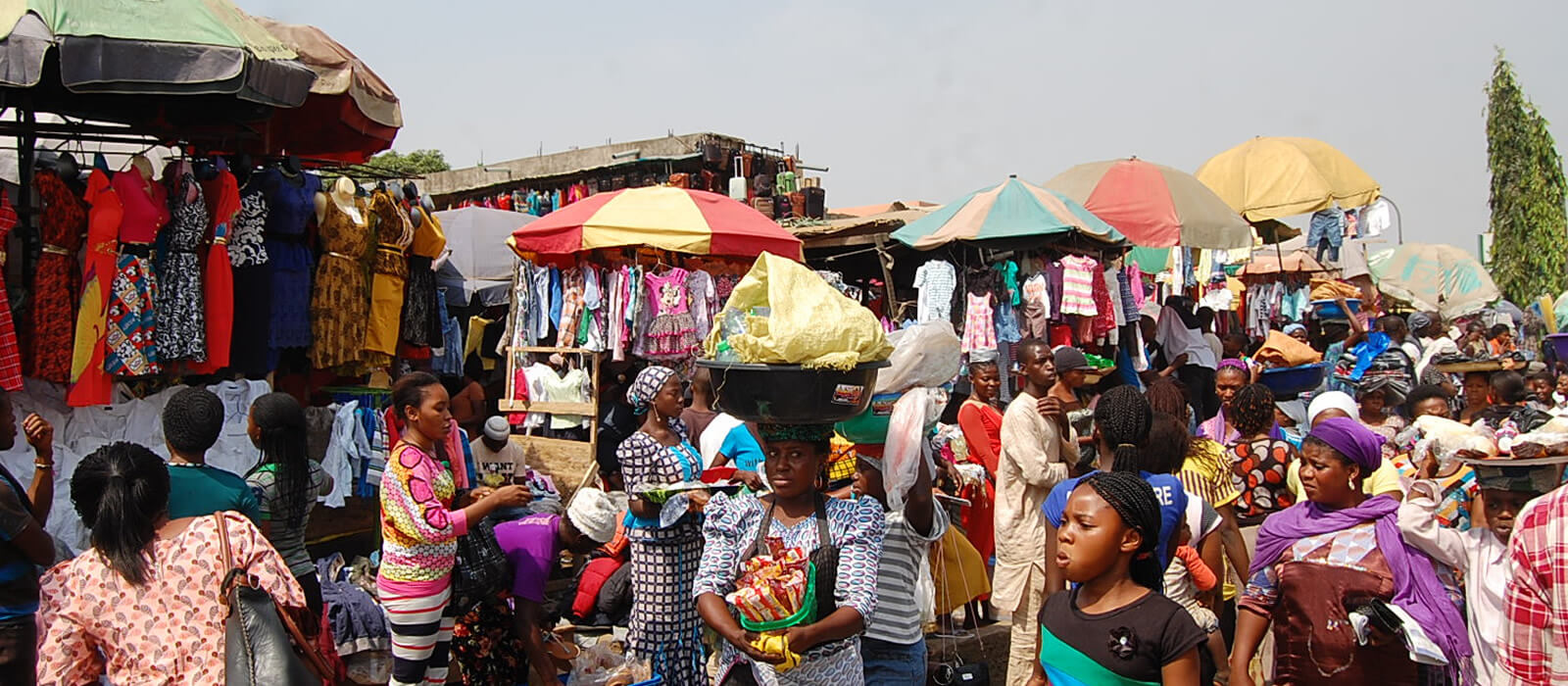The Nigerian business environment is a unique one. With over 250 ethnic groups and over 500 languages and dialects in the country, a number of words have found their way into the world of business.
Understanding these words is important to doing business in the country. Even for citizens, there is usually a need to understand certain words and the context in which they are used. For a foreigner, the challenge is even greater as some words they are familiar with mean something entirely different here.
English is the nation’s official language, but the three major languages are also used in everyday business transactions in certain parts of the country.
Below are some of the local words, coinages, colloquialisms and slangs that are used in everyday business transactions and their meanings.
- Aba: Low grade or quality. Aba is a city in the southeast of Nigeria and the commercial center of Abia State. A lot of things are manufactured there but many people see the locally made products as being of low quality.
- Clean: Factory refurbished. When an item is described as ‘clean’, it means that the item has undergone changes that make it look brand-new. Traders use the word to convince buyers that buying that item is the same as buying it new.
- Cha-cha: Brand-new; a brand-new item or goods. ‘Cha-cha’ denotes that the goods or item is just leaving the manufacturer’s factory and its quality and durability can be trusted.
- Tear rubber: Brand-new. This is another way of saying the goods or item is new. This word is usually used to convince the buyer that the item is new and he/she will be the one to tear off the wrapper used in packaging it.
- Tokunbo: Imported used goods or item. This term is used to describe used items or goods that are imported.’ Tokunbo’ is usually used for imported second-hand cars that have not been used by anyone in Nigeria. ‘Tokunbo’ is a Yoruba word that means “from overseas”.
- Wayo: Trick. This is to play a trick on someone. It is when a person plays a fast one on you usually for financial gains. It is also a covert way to make a person part with money or goods. It can also be described as a dubious business deal.
- 419: Fraud. The word is coined from the country’s criminal code to suggest an ingenious way of obtaining by trick. It is an intentional distortion of facts in order to convince a person to part with their money or valuables.
- Wahala: Trouble. The word usually connotes a state of unrest. It can also be used to describe an expected state of things.
- Runs: Business. ‘Runs’ is a colloquial word used to describe a type or brand of business scheme. It is usually used in the negative to depict a shady or illegal business transaction.
- Gbanjo: Cheap. This is a very cheap or inexpensive goods or item. Traders use this word to convince a buyer that the price he is offering is the cheapest the buyer can ever get. Banjo goods are usually of low quality.
- Japan: An original product. The word ‘Japan’ is used by traders to make their customers know that what they are about to buy is original and of the highest grade.
- China: New but of a lower grade. ‘China’ is used to describe goods that are new but not of the highest quality.
Get real time update about this post categories directly on your device, subscribe now.



